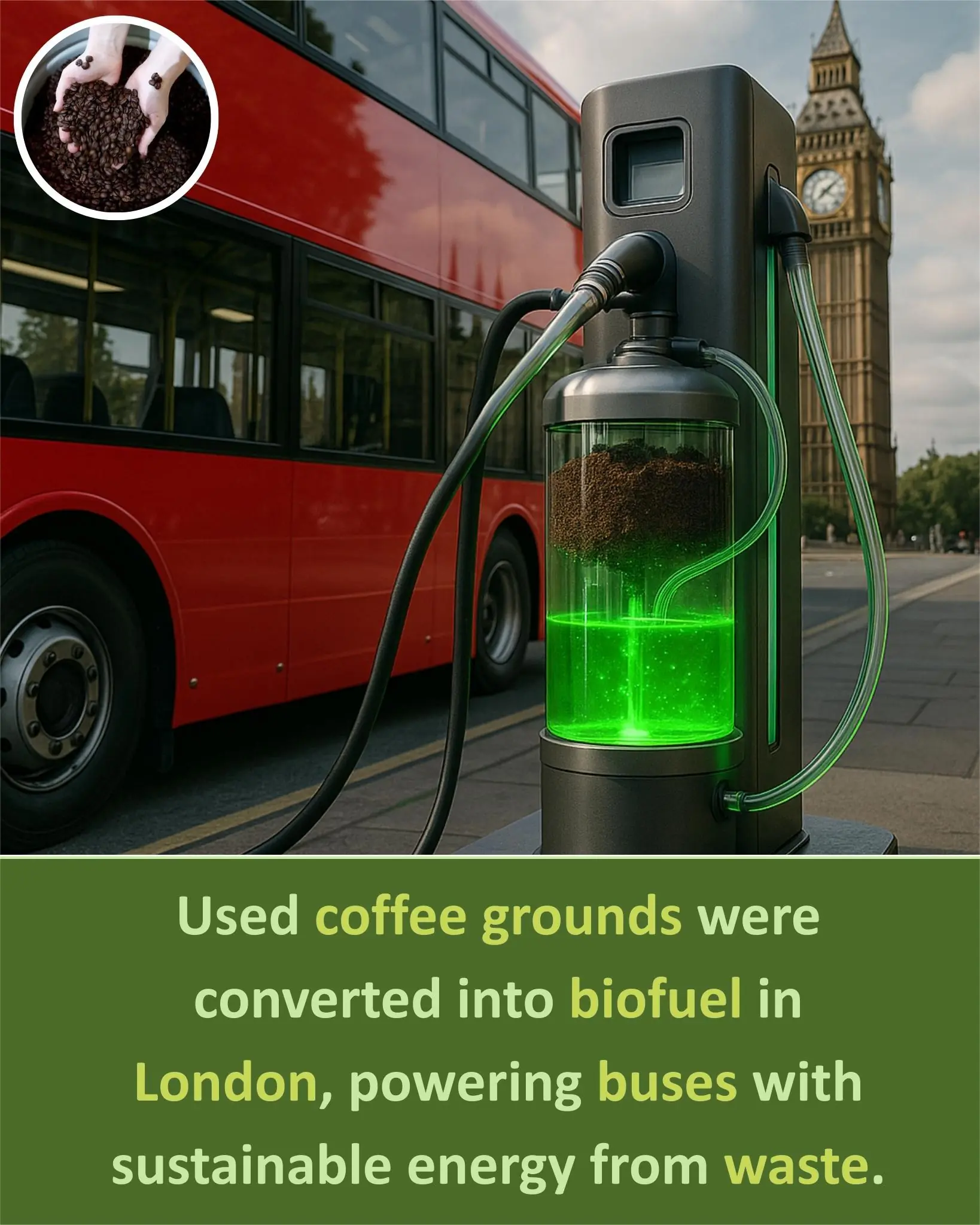
London Buses Run on Coffee: Turning Waste into Green Energy
London has found an innovative way to make its iconic red buses greener—by running them on fuel made from coffee waste. The project, developed by the clean technology company Bio-bean in partnership with Shell and Argent Energy, transforms used coffee grounds into a sustainable biofuel that can power public transport without the need for engine modifications.
Every year, the United Kingdom produces more than 200,000 tons of coffee waste, most of which ends up in landfills. There, decomposing grounds release methane, a greenhouse gas far more potent than carbon dioxide. Instead of letting this resource go to waste, Bio-bean devised a process to dry the spent coffee, extract the natural oils inside, and blend them with diesel to create B20 biofuel—a mixture containing 20% coffee oil.
In its first trial, the company produced about 6,000 liters of coffee oil, enough to power a London bus for an entire year. While that number may seem small compared to the city’s massive fleet, the project highlights the enormous potential of waste-to-energy solutions.
Arthur Kay, the founder of Bio-bean, described the initiative as “a great example of what can be done when we start to reimagine waste as an untapped resource.” His team believes that if scaled up, coffee-powered biofuel could become a regular part of the city’s clean energy strategy.
The environmental benefits are clear. According to researchers, buses running on the coffee blend emit fewer carbon emissions compared to traditional fossil fuels. At the same time, the initiative reduces landfill waste, prevents methane release, and supports the idea of a circular economy—where everyday waste is recycled back into useful products.
London’s trial is also symbolic. Coffee is one of the most widely consumed drinks in the city, with millions of cups brewed every day. By turning something as ordinary as spent coffee grounds into bus fuel, the project connects daily habits with broader climate goals.
Challenges remain, particularly in scaling up production and ensuring cost efficiency. Collecting, drying, and processing coffee waste requires significant investment, and the supply chain must remain consistent to meet the energy demands of a large urban transport system. Still, the early results have sparked optimism.
As London continues to explore cleaner ways to keep its buses moving, the coffee experiment stands out as both imaginative and practical. It demonstrates that sustainability doesn’t always require futuristic technology—sometimes, it can start with the simple act of finishing your morning coffee.
News in the same category


Chilling messages Charlie Kirk’s alleged killer sent to friends following assassination

Canelo vs Crawford: Terence 'Bud' Crawford makes history with victory over Canelo Alvarez

‘Adolescence’ star, 15, makes history with Emmys win

New details emerge after decomposing body found in Tesla linked to singer D4vd

Bill Gates Trades the Boardroom for the Help Desk: A Day in Customer Support at His Daughter’s Startup

Only a Genius Can Spot the Hidden Error in This Family Picture

Indian Woman Seen ‘Begging’ at Canadian Railway Station While Carrying Prada Bag Sparks Debate
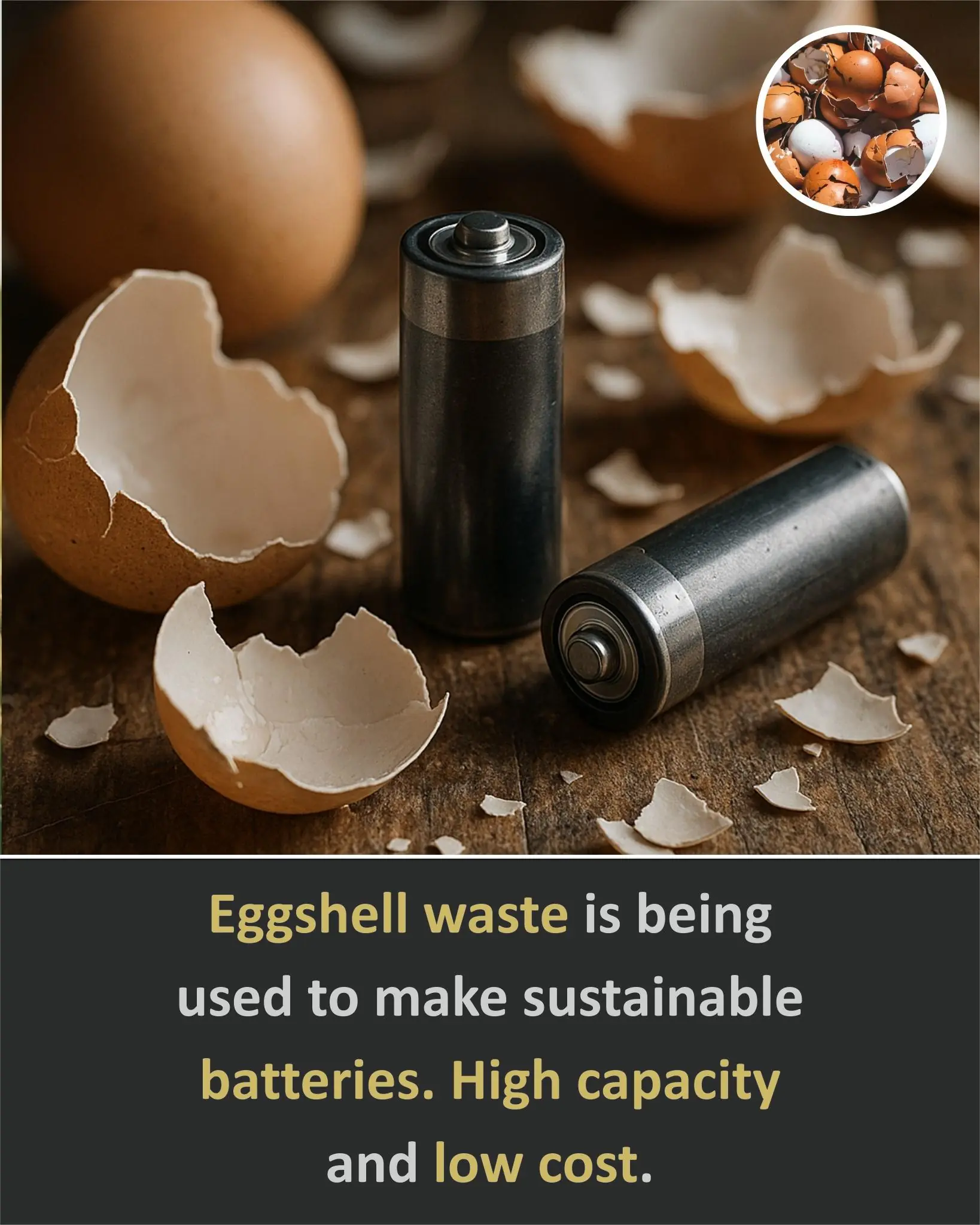
From Breakfast to Batteries: How Eggshell Waste Could Power a Greener Future

Algae-Based Inks: A Green Revolution in Printing and Packaging
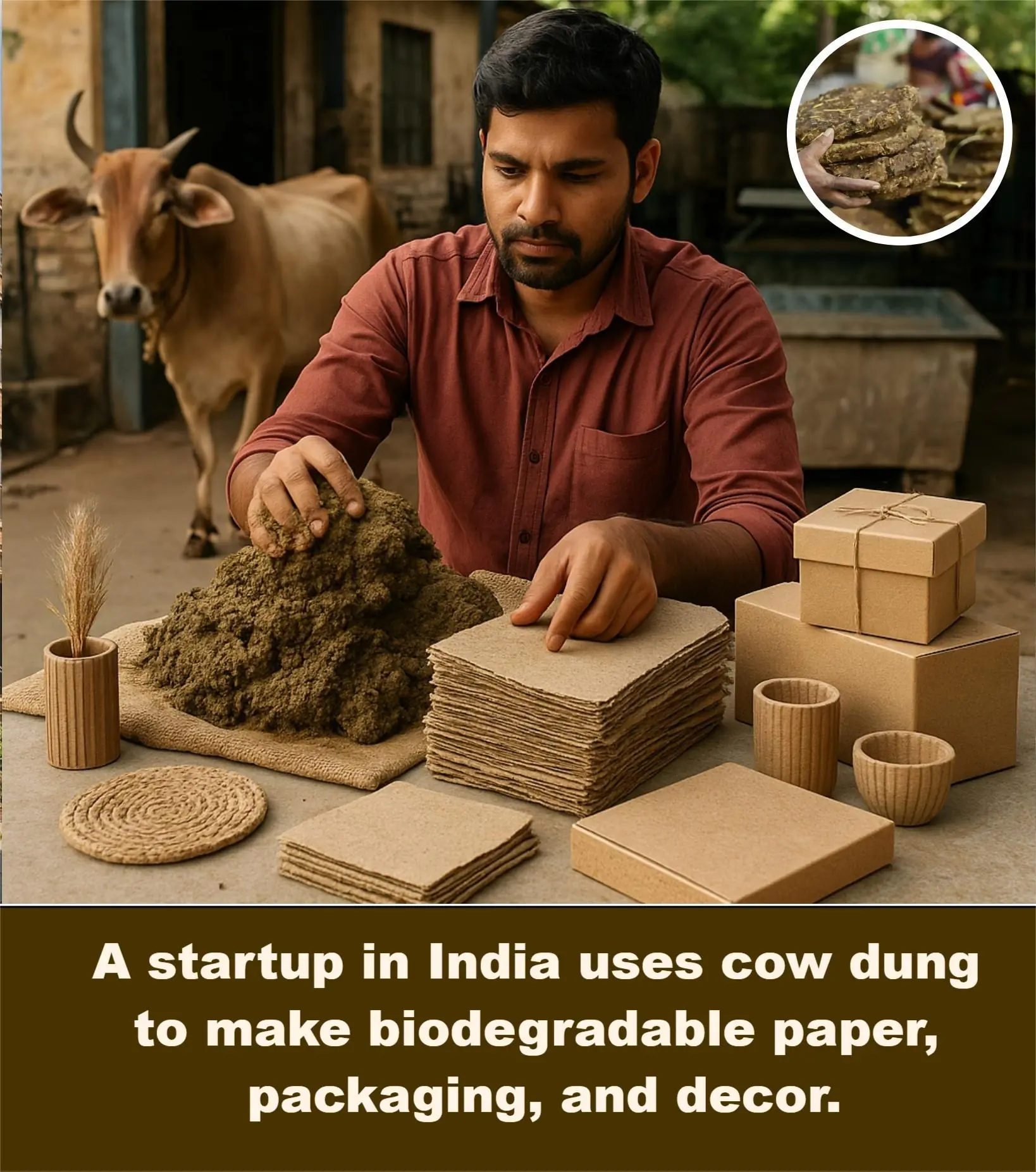
India Harnesses Cow Dung for Eco‐Innovation: Paints, Paper & Rural Gains
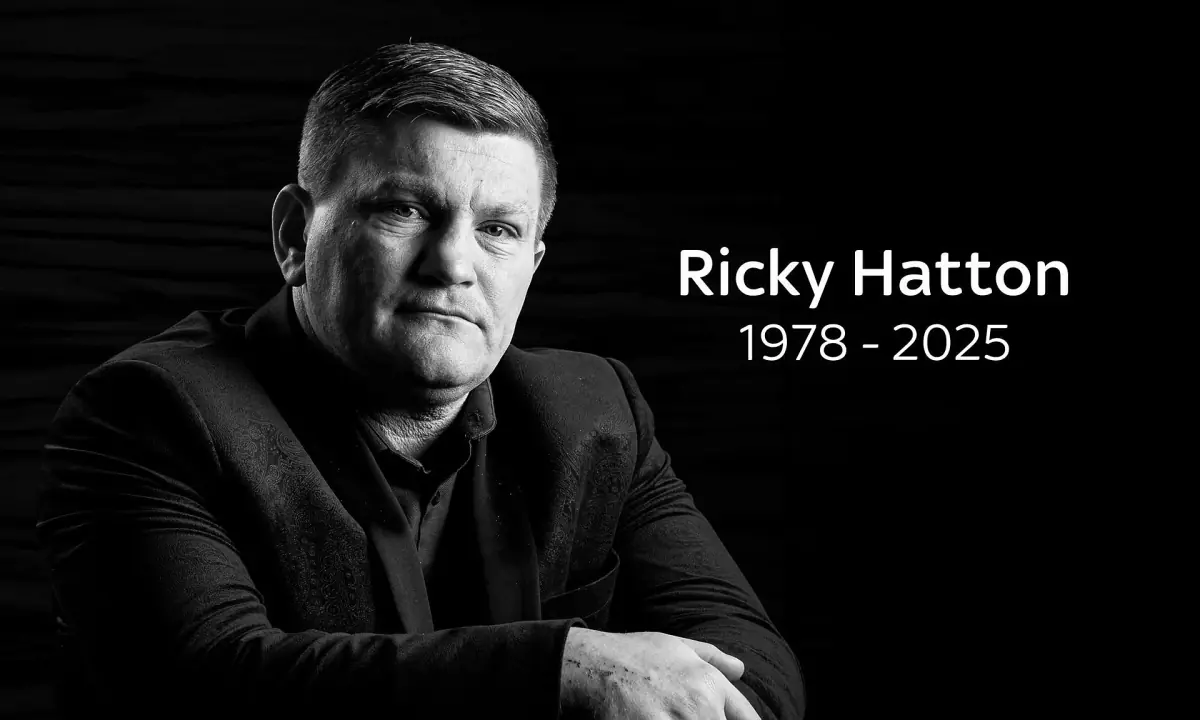
British Boxing Legend Ricky Hatton Dies at 46

Chopping Wood Boosts Testosterone by 46%, Surpassing Competitive Sports, Study Finds

Germany’s Solar-Powered Sleeping Capsules Offer Refuge for the Homeless During Freezing Nights
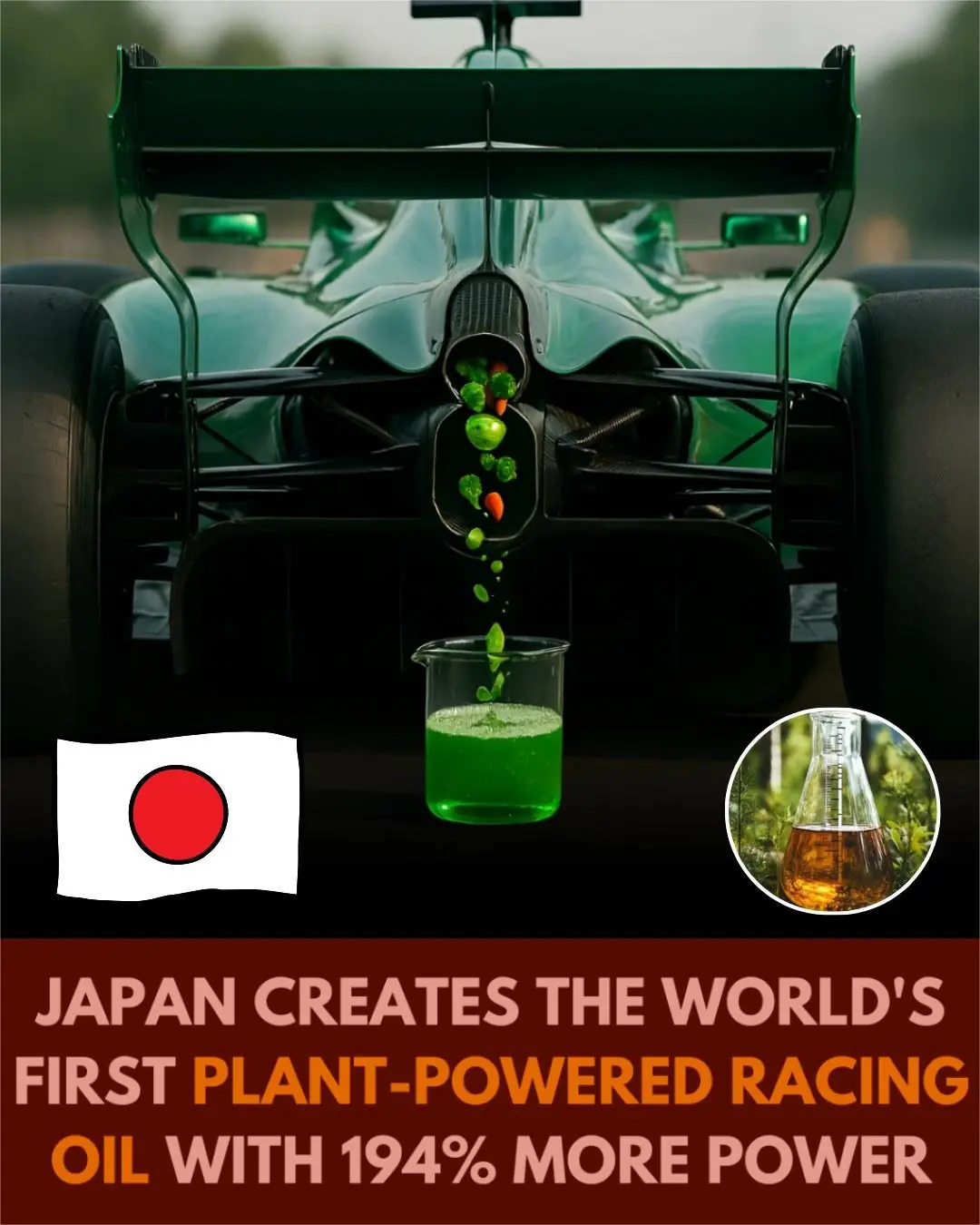
Japan’s New Racing Oil: Plant-Powered and 194% Stronger

Japanese Student Designs Smart Bra That Unlocks Only With Partner’s Fingerprint

Hypersonic Fury: China’s 450,000 RPM Gun Shocks the World!
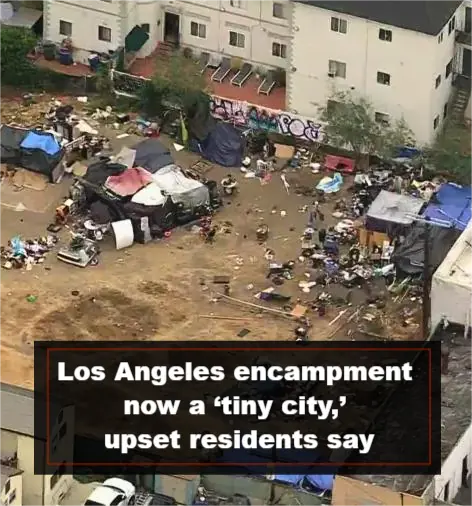
Los Angeles encampment now a ‘tiny city,’ upset residents say

Man fatally shot after dragging ICE officer with car in Chicago suburbs ID'd: officials
News Post

Save Money with This Onion-Guava Hair Trick

Over 60?: Eat THIS Seed to Protect Your Eyes & Retina Naturally

Ginger: Your Skin’s Secret Weapon Against Aging

At 65, I Lost My Vision, But This Drink Brought BETTER VISION Back! I Drink It Once A Day!

12 Reasons Every Woman Should Drink This Powerful Tea Every Day: A 5-Ingredient Combo to Boost Your Health and Vitality

How to Grow Thicker Eyebrows and Longer Eyelashes Naturally with Garlic and Vitamin E

Heart surgeon shares four daily habits to avoid for better health

Chilling messages Charlie Kirk’s alleged killer sent to friends following assassination

Canelo vs Crawford: Terence 'Bud' Crawford makes history with victory over Canelo Alvarez

‘Adolescence’ star, 15, makes history with Emmys win

New details emerge after decomposing body found in Tesla linked to singer D4vd

Carrot and Banana Juice Recipe | Healthy and Delicious Juice

Lemon and Cloves: The Secret Combination You Wish You Knew Sooner

Onion Juice for Hair Growth: The Shocking Secret to Stop Hair Loss Fast!

Wipe Away Age Spots in 20 Minutes with a Potato 💥 (Super Easy) 🤯

This Yeast Mask Makes Wrinkles Disappear Instantly – Try It and You’ll Be Amazed!

Seniors: 1 Cup of Turmeric Milk Before Bed Can Work Wonders 🌙✨
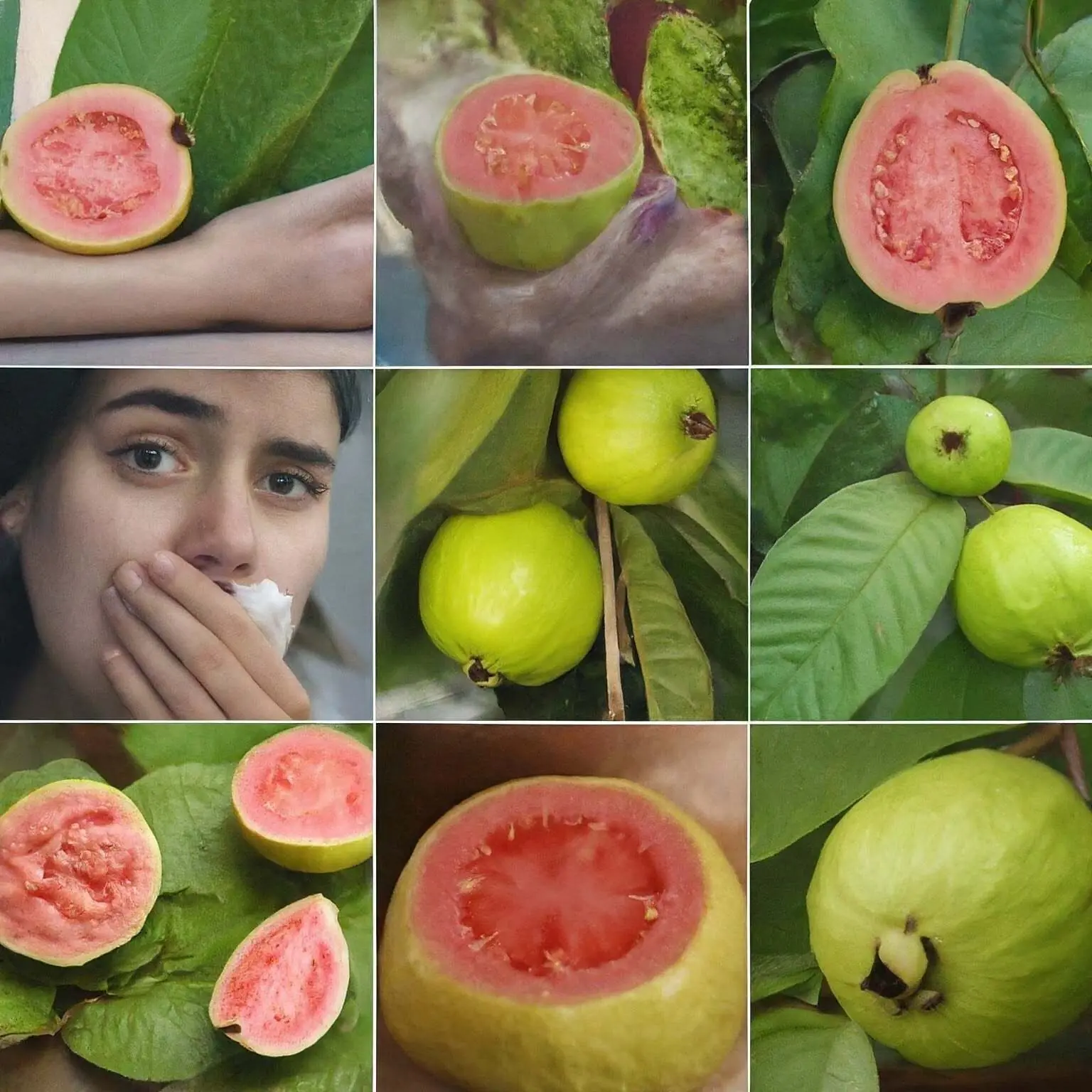
9 Diseases Cured with Guava Leaf Tea (How to Make It)

If You Have Eaten Raw Onions, Even One ONION Can Start an IRREVERSIBLE Reaction in Your Body! (For Prostate Health)

